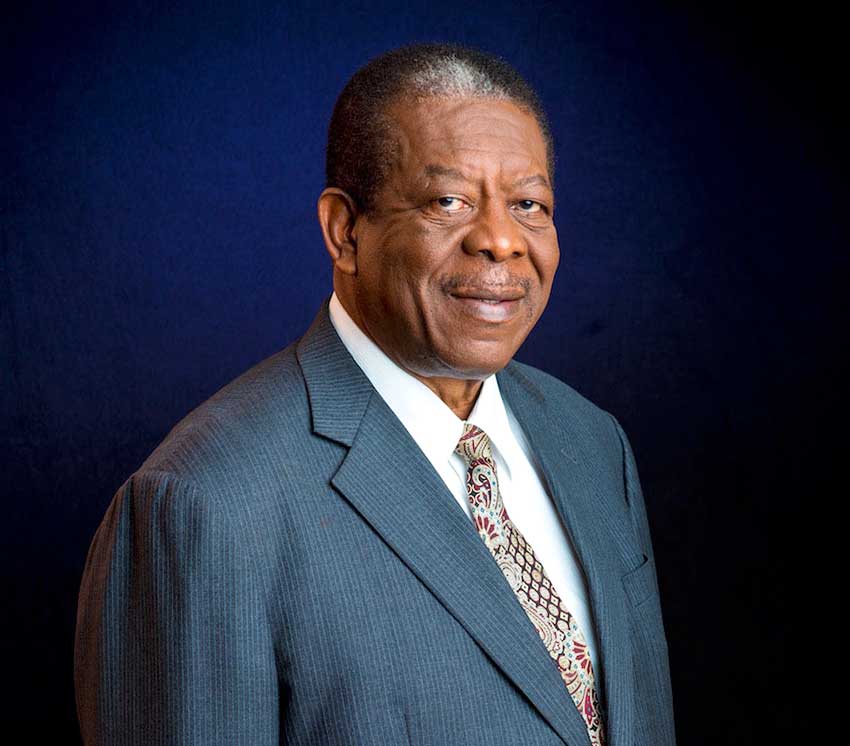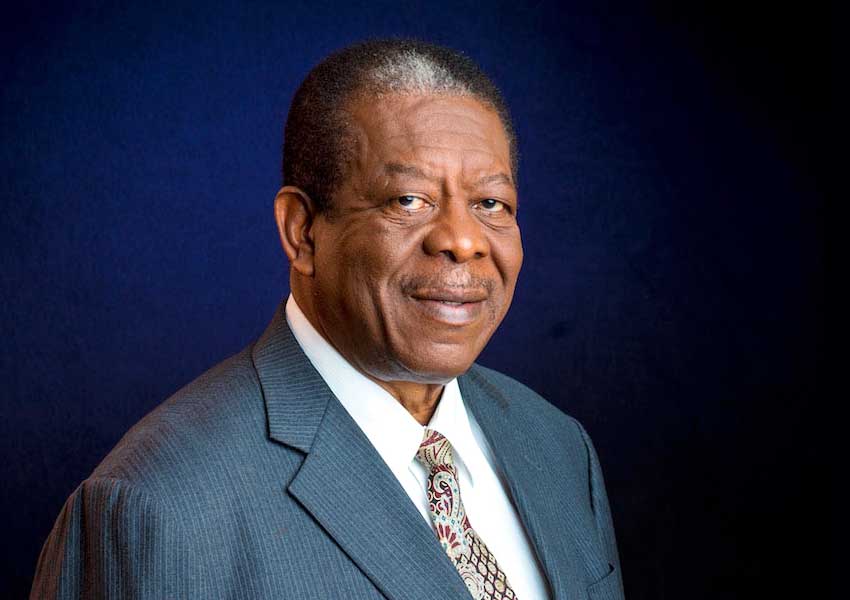AS stated in its mission statement, the Caribbean Court of Justice (CCJ) strives to operate with “accessibility, fairness, efficiency and transparency”. These goals have been enhanced as the Court recently improved its video-conferencing capabilities to include a bridging solution where attorneys can appear at the CCJ by using devices that are connected to the internet, equipped with a video camera and a microphone. These devices include laptops, tablets and cell phones.
The solution is also capable of being used with existing communications platforms, such as Skype or Zoom. This provides opportunities for attorneys to appear before the Court even if they do not have access to video-conferencing units.

The first attorney to use the video-conferencing bridging solution on December 1, Vidyanand
Persaud S.C., lauded the CCJ for the innovation. He boasted that “this was the first time the CCJ implemented this system whereby I can, from my personal computer, participate in a hearing before the Court. In fact, CCJ was literally brought to the living room.”
Persaud continued: “The capture, the visual and audio was crystal clear and the links to the various participants operated like clockwork. It was a remarkably flawless maiden venture.”
Earlier this year, the CCJ also began live broadcasts of hearings. This allows interested people a chance to experience the Court in real time from any internet-enabled computer. CCJ’s hearings, from inception, are also captured on audio and video recordings on the Court’s website at ccj.org.
The Right Honourable Sir Dennis Byron proudly stated that “accessibility is built into the very DNA of the organization and we continue to strive to eliminate barriers to justice wherever we find them. The CCJ has proven that by integrating technology throughout our organization we can be more transparent, more efficient and more accessible to the people of the region.”
The Court is ending the year, as it began, with upgrades to its technology. In January 2017, the CCJ announced that it had adopted a new court management software that includes the filing of cases electronically. The Curia court management suite also has modules for different aspects of court administration, including performance management and case management. The Curia software platform also includes a module which law offices can use to actively manage their litigation and caseloads.
The software was the focus of the inaugural Apex Convention in the Bahamas where stakeholders from across the Caribbean discussed how the increased use of court technology utilization could provide solutions to help with backlog reduction, judicial performance enhancement, and court process improvement.














